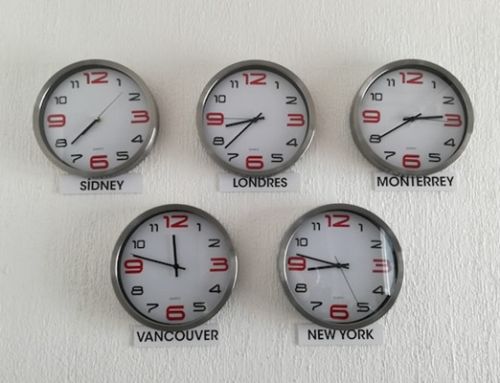Remote work has changed many things about daily life. All around the world, more and more people are working remotely instead of traveling to offices and sitting in cubicles each day. This means that the modern workforce is changing rapidly into a new and very different place to recruit and hire new employees.
If you work in recruiting, or you have a job in HR, you know just how much change the past two years have wrought for everyone, from the company hiring new workers, to the HR people onboarding them, to the recruiters who locate the talent that is needed to get the best results.
Read on to learn about the recruitment and selection strategies that are needed for the modern workforce and the modern hiring reality.
Recruitment and Selection Strategies for the Modern Workforce
Recruiting and selection have changed drastically in the last two years. There is an excess of empty positions out there that need to be filled and it is all too common to find that you cannot get the quality applicants that you need to fill them.
These strategies will help you to get connected with the right people and get them hired successfully, despite the stiff competition in many of the industries that you might be hiring for.
1. The HR process Must Feel Personalized
No one wants to be just a number. The days where people were just grateful to get a job offer have nearly evaporated. With the rise of remote work, people can pick and choose where they work and who they work for. This means that you need to step up your game if you want to hire the right people for the positions that you have open.
Part of making sure that you can hire and recruit successfully is offering a really personalized HR experience. HR contacts for onboarding, benefits package discussions, and PTO negotiations should never feel like it is not personal and done with real attention to detail for each employee.
Possible hires can negotiate for almost anything they want at this point in time, and in certain industries, like the life sciences industry, there are far more jobs than qualified applicants. This means that HR needs to attend to each person with care and dignity.
2. Selection is Handled by Recruiters More Often
Because you are not likely to have a huge batch of applicants to choose from each time you open up a job, you will need to be open to limited selection processes that are based more on personal contact than hard and fast rules.
Recruiters know who they like for a job before they even forward the information to the HR department, and their word should be trusted more often than it has been in the past. The recruiter that you have working on hiring for you is an expert in what your job needs and they also are the ones who do have the most face-to-face contact with prospective hires.
Trusting the evaluation of the recruiter can help you to save time in the selection process and might even allow for you to remove most of the arduous steps that you followed in the past to pick and choose between possible new employees.
3. Ask Interesting Interview Questions
Gone are the days of the boring questions asked at all interviews. Replace the “What are your goals for your time here?” discussion with a chat about how the person might improve your company if given the chance. Ask questions that judge personality and temperament and worry less about skills.
Skills training can be handled easily. Finding applicants that are a good fit for existing teams and company ethos is far more important. A secondary benefit to asking interesting interview questions is that your company will stand out in the minds of the people that you interviewed, making them have a positive feeling about the position.
In a world where you need to attract the attention of skilled workers and convince them to choose to work for you, having a positive and exciting interview process can be a big help toward getting new hires to accept your offers.
4. Make Benefits Front and Center
No one is impressed by just a 401K anymore. If you can’t offer up a full slate of competitive benefits, you will probably lose most of the most experienced applicants for your jobs. Healthcare, flexible work schedules, and other perks are necessary additions to a basic benefits package if you want to hire the right talent for your needs.
Also, consider being willing to accept custom requests from your new hires. For many job roles, small shifts in the hours worked on certain days, or other such requests, will not cause an impediment to daily work tasks. In some cases, it will actually help with efficiencies to allow your new hire this flexibility.
Be mindful that many adults are having to provide support to their child for school right now, as well as attending to all the usual ups and downs of busy daily life. Being flexible will help secure your position as a top job for many of your applicants.
Recruiting and Selection Has Never Been More Complex or More Rewarding
While recruiting has become very competitive in the past two years, you also have access to people from all over the world in growing numbers. There has never been a time where it has been easier to locate talented and qualified applicants for your open positions.
The trick in this era of fast-paced hiring and negotiation-heavy recruiting is to be clear about why you are the best choice for your potential new hires to make, and you need to back up this confidence with facts and figures.
Hiring the right people is a snap when you make sure to offer great benefits, a smooth and seamless HR process, and a personalized outreach strategy. Treat your potential new employees like friends you are inviting into your family, and you will be amazed at how much easier it becomes to connect with and recruit the right people.






Leave A Comment